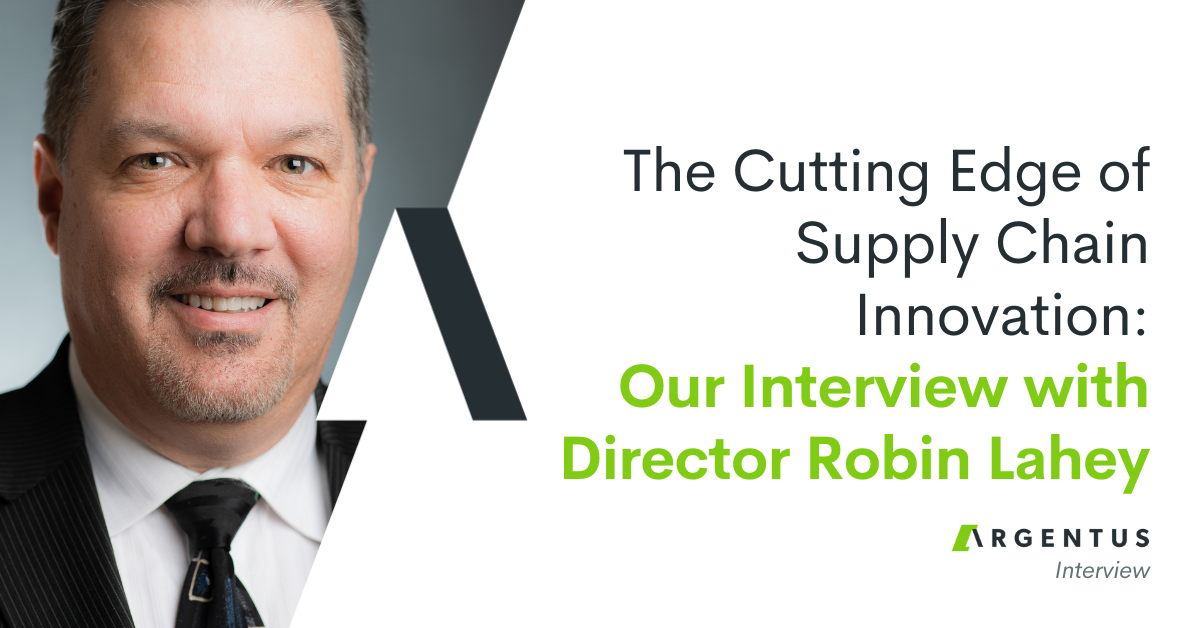“You need to be able to build relationships across all the areas of the company. Demand planning touches every single area: marketing, sales, finance, business development, and supply.” -Daniel Castro
For this installment of our Supply Chain Interview series, we spoke with Daniel Castro, a high-potential, high-performing Demand Planning manager with an Industrial Engineering background currently working with a top Consumer Goods company. We’re happy to have input from an expert in a growing specialization within Supply Chain in an industry as blazing hot as CPG. Daniel offered his perspective on what makes great Demand Planners tick: what skills are in highest demand for Demand Planners? What factors are top Demand Planners looking at when making projections? And how can Demand Planners work cross-functionally to drive strategy within an organization?
Read on to find out!
Key Skills Demand Planners Need to Succeed:
“You need to work a lot with numbers, and being analytical is key for any professional that works in Supply Chain,” says Castro. “You need to handle a lot of data, and you need to translate what the data is telling you into information to make better decisions. You need to understand the underlying systems. For example, say you’re working in Manugistics or APO. Those systems use statistical algorithms that you need to understand in order to predict future demand.”
“Beyond that,” says Castro, “you need to be able to build relationships across all areas of the company. Demand planning touches every single area: Marketing, sales, finance, business development, and supply. It’s important for you to build relationships and soft skills. You need the ability to communicate with the rest of the company, and also to communicate within your team.”
“On the technical side, you need to know how the system works. You might not need to know the details, but you need to know the foundations of the system. Why are you using this model and not another one? The synthesis of these hard skills and soft skills will make you successful.”
“I’ve seen a lot of managers who have soft skills, but they don’t have the hard skills or the technical skills. When you’re part of the team as a demand planner, you need support and you need trust, and you need coaching, and the first person you want to approach is your manager. But sometimes you don’t get the answers, because they don’t know. So that baseline knowledge is important when you’re managing a team.”
Top Factors Driving Demand Forecasting:
“There’s a variety of internal information [driving a CPG demand forecast],” Castro says. “You look at shipments, at seasonality. You look at external factors such as price. What happened last year in the industry? If the other companies have raised the price, what’s the impact on demand? We’re talking about price elasticity. You look at point of sale data and consumption. You also need to go to the customer information and look at customer inventory levels. You need to look at promotional activities, and that’s where you’re touching on marketing and sales. You need to look at distribution. For example if a customer is opening 5-10 stores every month, you need to factor the distribution increase into the demand plan. You need to look at economic factors and government regulation because those external inputs have an impact on demand. And you build your forecast based on all of this.
What Organizations are Missing in Their Demand Planning:
“[Companies] don’t look at the potential importance of Demand Planning across the organization,” says Castro. “Depending on the industry, marketing is becoming more difficult every day. One of the ways to increase profit or find savings is in the Supply Chain. Supply Chain is an area that gives money back to the company in order to develop more activities that develop more profit. Demand Planning is an area that can drive a lot of insights into what is happening in the marketplace. So that is important, and companies are missing out on that. Some companies are missing it, but some companies are realizing the importance of Supply Chain to the organization and the impact on the bottom line.”
– – –
Thanks to Daniel Castro for the insightful conversation! As a boutique recruiter specializing in Supply Chain, we’re perennial witnesses to how Supply Chain professionals unlock efficiencies. But it’s tremendously useful to have Daniel’s perspective on how Demand Planning specifically can act as a cross-functional touch point for cost savings within Consumer Goods organizations. Planning is a function that’s taking off in terms of its strategic importance to organizations – and top Planners are in higher demand every day. Reach out to us at Argentus if you’re looking to bring on the talent to take your Demand Planning to the next level today.
Are you a Demand Planning professional or are you working with a company developing Demand Planning as a strategic function? We’d love your input in the comments!
And stay tuned in the coming weeks for our next interviews with rising stars and industry leaders from all corners of Supply Chain. ![]()
 Hey! Have you heard of Argentus’ eBook, How to Nail the Interview? It’s chock full of Interview guides for Strategic Sourcing, Supply Chain, and Procurement Professionals.
Hey! Have you heard of Argentus’ eBook, How to Nail the Interview? It’s chock full of Interview guides for Strategic Sourcing, Supply Chain, and Procurement Professionals.
Leverage Argentus’ recruiters decades of combined experience to learn how to master every major interview format, including common pitfalls and unique areas of opportunity.




Very interesting & informative interview